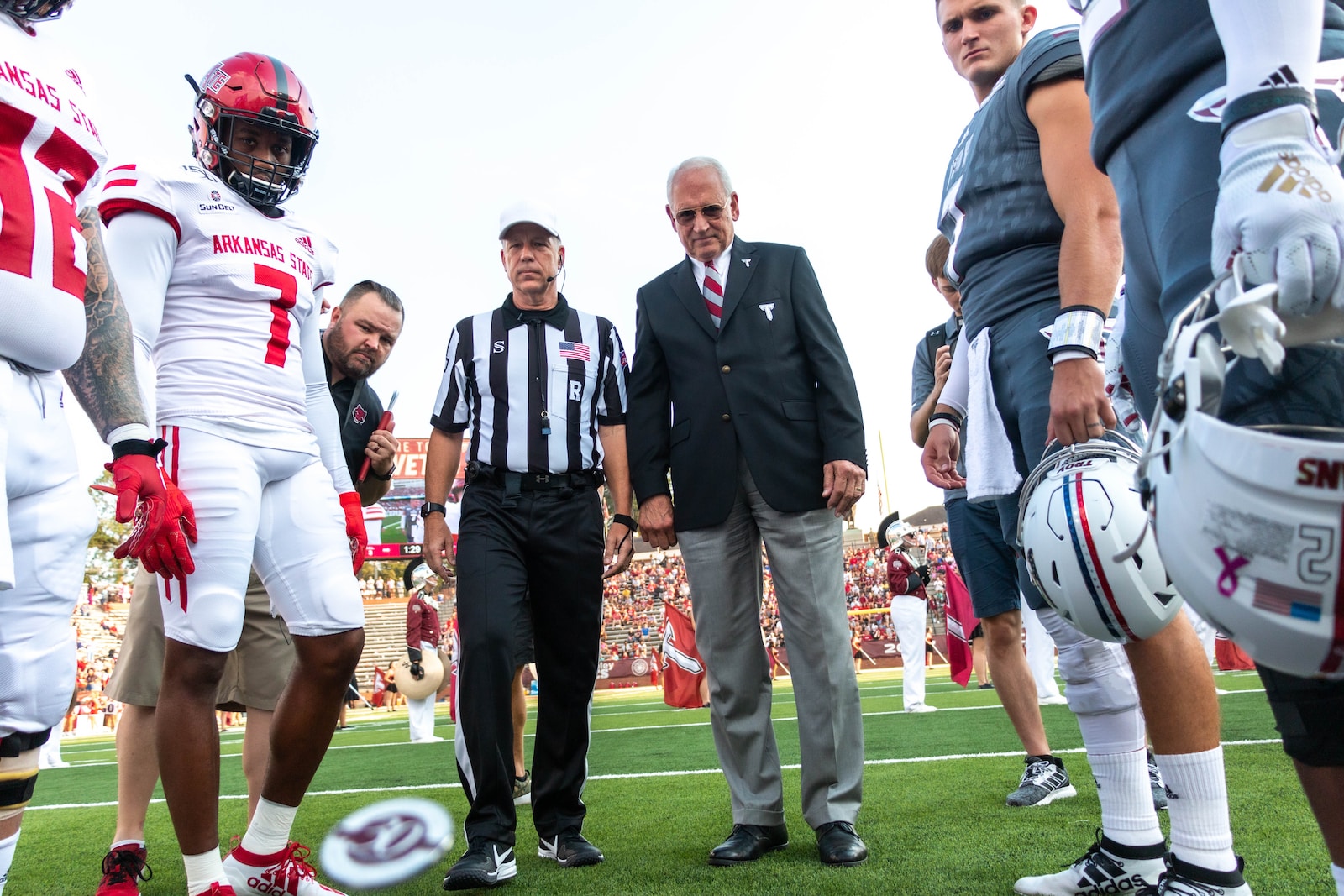first class
Do College Football Teams Fly First Class?
The world of college football is one filled with excitement, entertainment, and prestige. As such, it’s no surprise that college football teams often travel long distances to participate in their games and tournaments. But when they do so, are the teams flying on a budget or do they get the full first-class experience?
In most cases, the answer is yes – college football teams fly first class due to NCAA regulations. The NCAA requires all Division I athletics programs to provide charter flights for team travel during postseason play. This means that all athletes must be provided with airfare at least as comfortable as business-class seating on commercial airlines; additionally, many universities opt to use exclusive private jet services when traveling by air.
Why Do College Football Teams Fly First Class?
The main reason why college football teams fly first class is because of player safety and comfort considerations. Flying in a cramped economy cabin can put players at risk of injury from lack of space or turbulence while in flight; it also increases their risk of contracting an illness due to being crammed into tight quarters with other passengers who may not have been adequately screened before boarding the plane. Additionally, flying in first-class ensures that players arrive well rested and ready for competition rather than worn out from uncomfortable seating arrangements or hours spent waiting for connecting flights through various airports around the country.
What Are Some Other Benefits Of Traveling By Air?
Traveling by air has many advantages beyond simply providing more luxurious accommodations for athletes en route to away games; it also helps reduce costs associated with ground transportation like buses or vans which may require extra fuel expenses depending on destinations and number of stops along routes taken if going by car instead of plane. Additionally, charter planes allow coaches more time with their team since there’s no need to worry about airport security lines or delays caused by weather conditions – allowing them greater freedom when planning itineraries leading up game day activities without worrying about how long trips take them getting there! Finally flying via aircraft allows training staff easier access medical supplies needed should any player become injured while away from home stadiums (or practice facilities) during travel periods as opposed having these items accessible only upon arrival back home after completing road trips/away matches against opponents — allowing quicker healing times post injury incidents if necessary!
Conclusion
College football teams fly first class primarily due to safety and comfort considerations set forth by NCAA regulations; however there are additional benefits like reduced ground transportation costs associated with team travel as well as easier access medical supplies if needed during away games/tournaments etc.. Ultimately this type luxury gives coaches more control over itineraries leading up competitions while ensuring players arrive refreshed & ready compete against opponents– regardless destination location!

